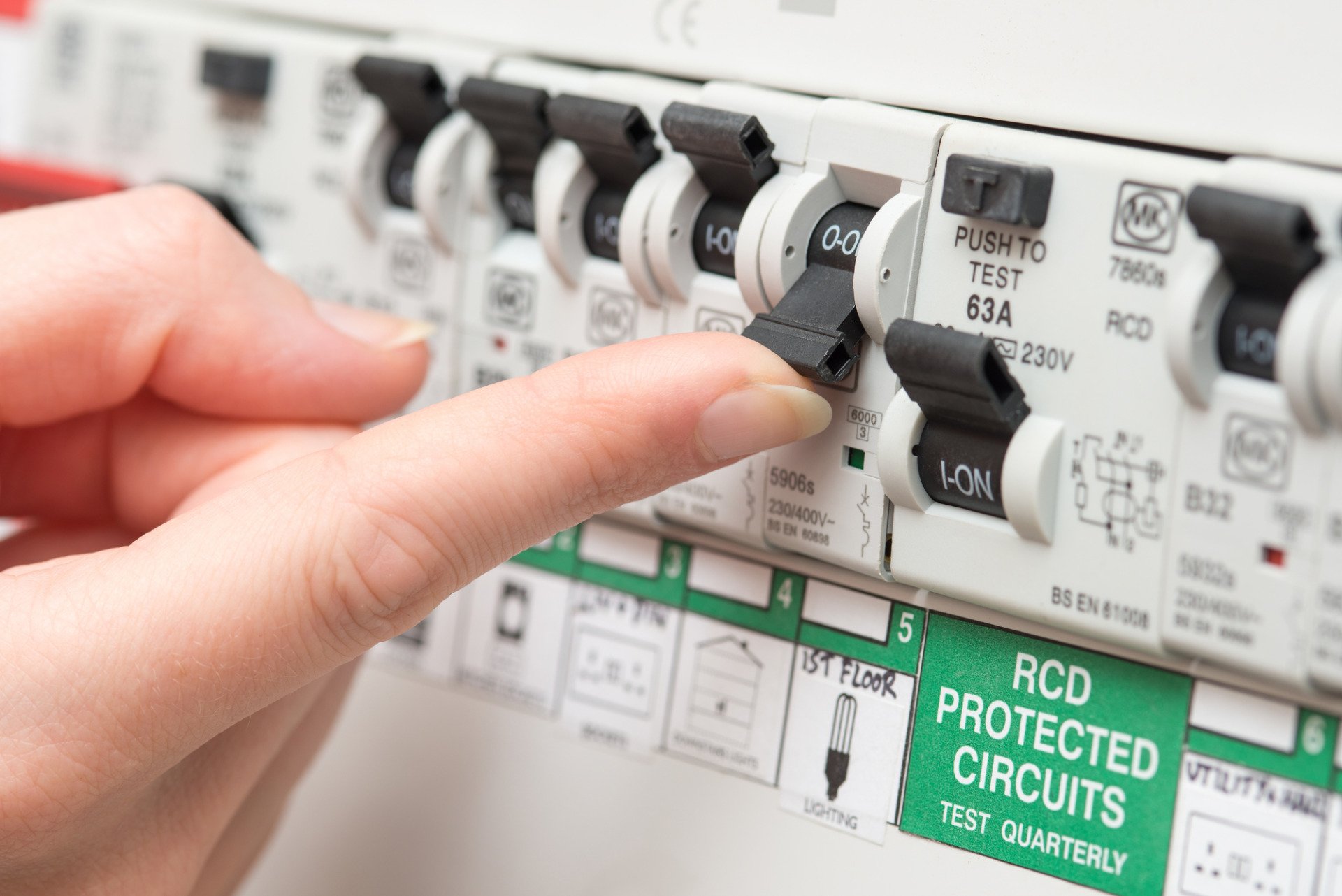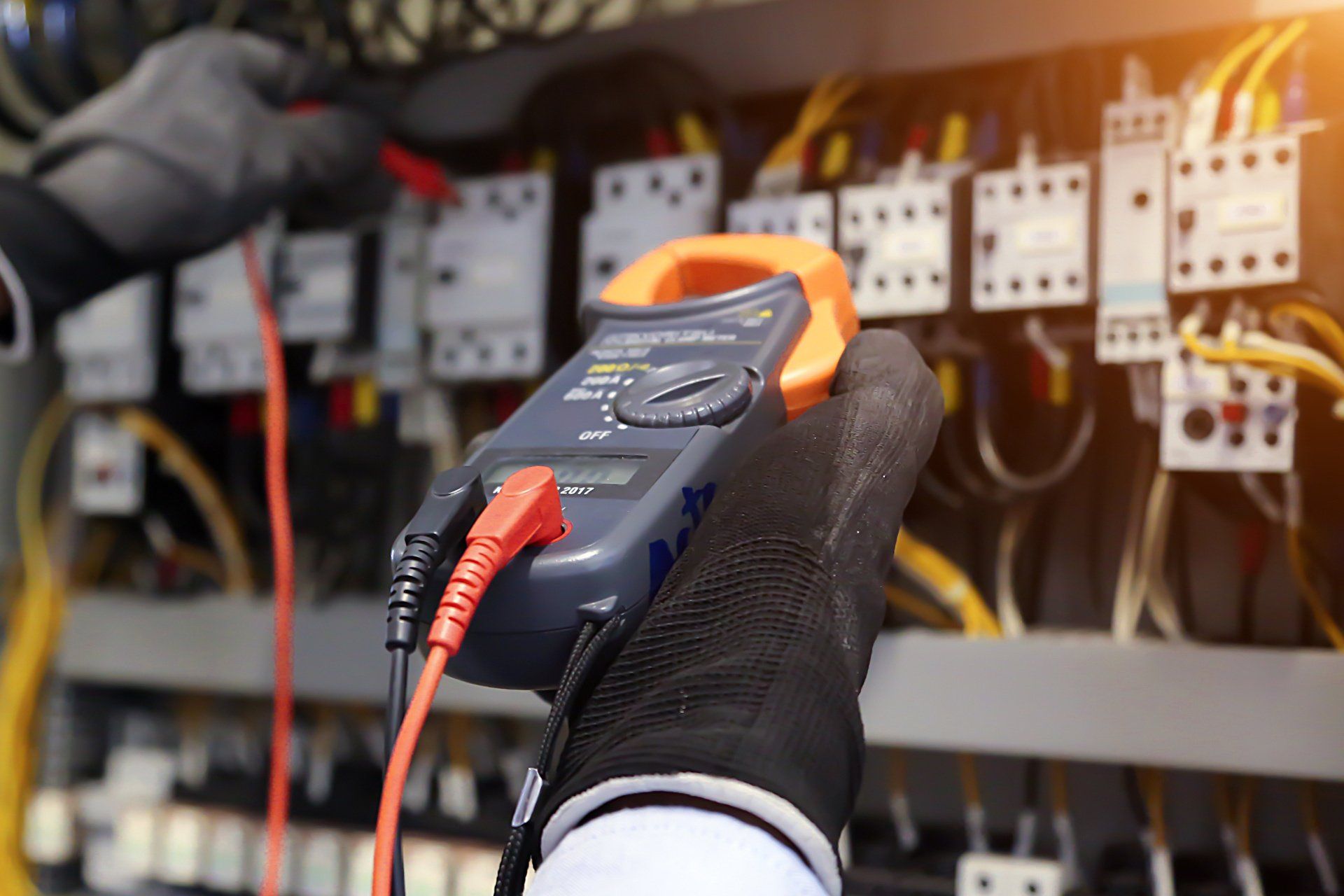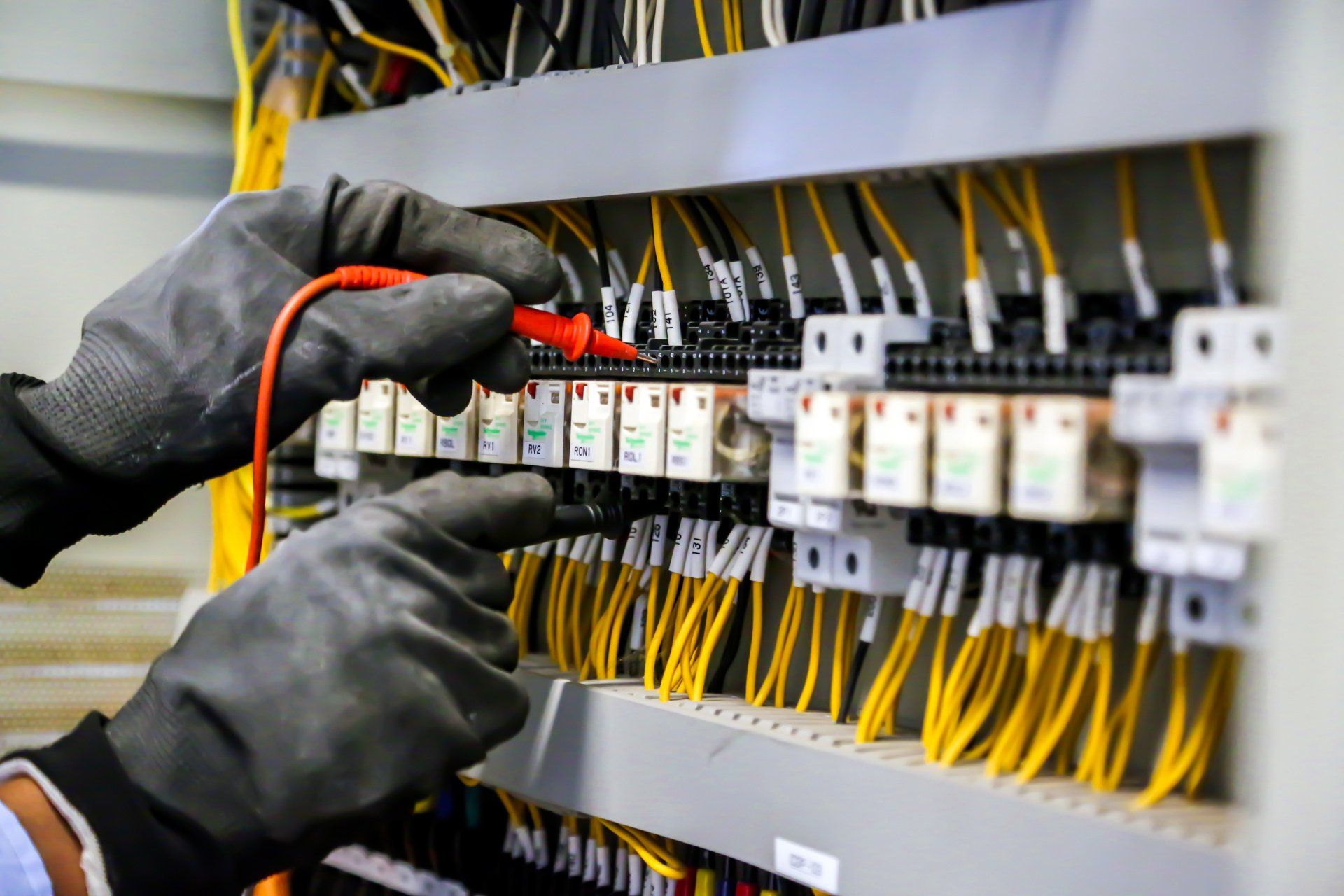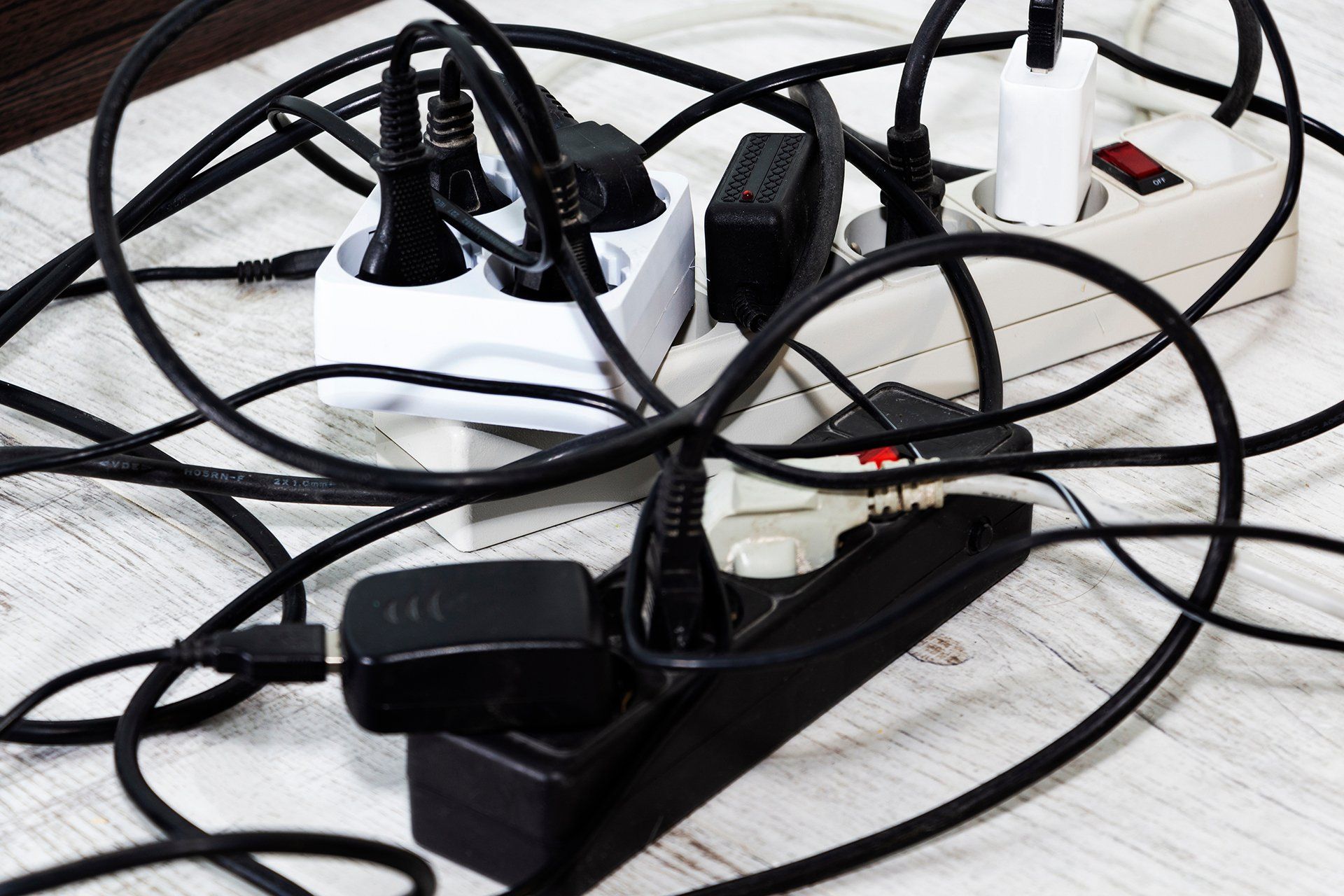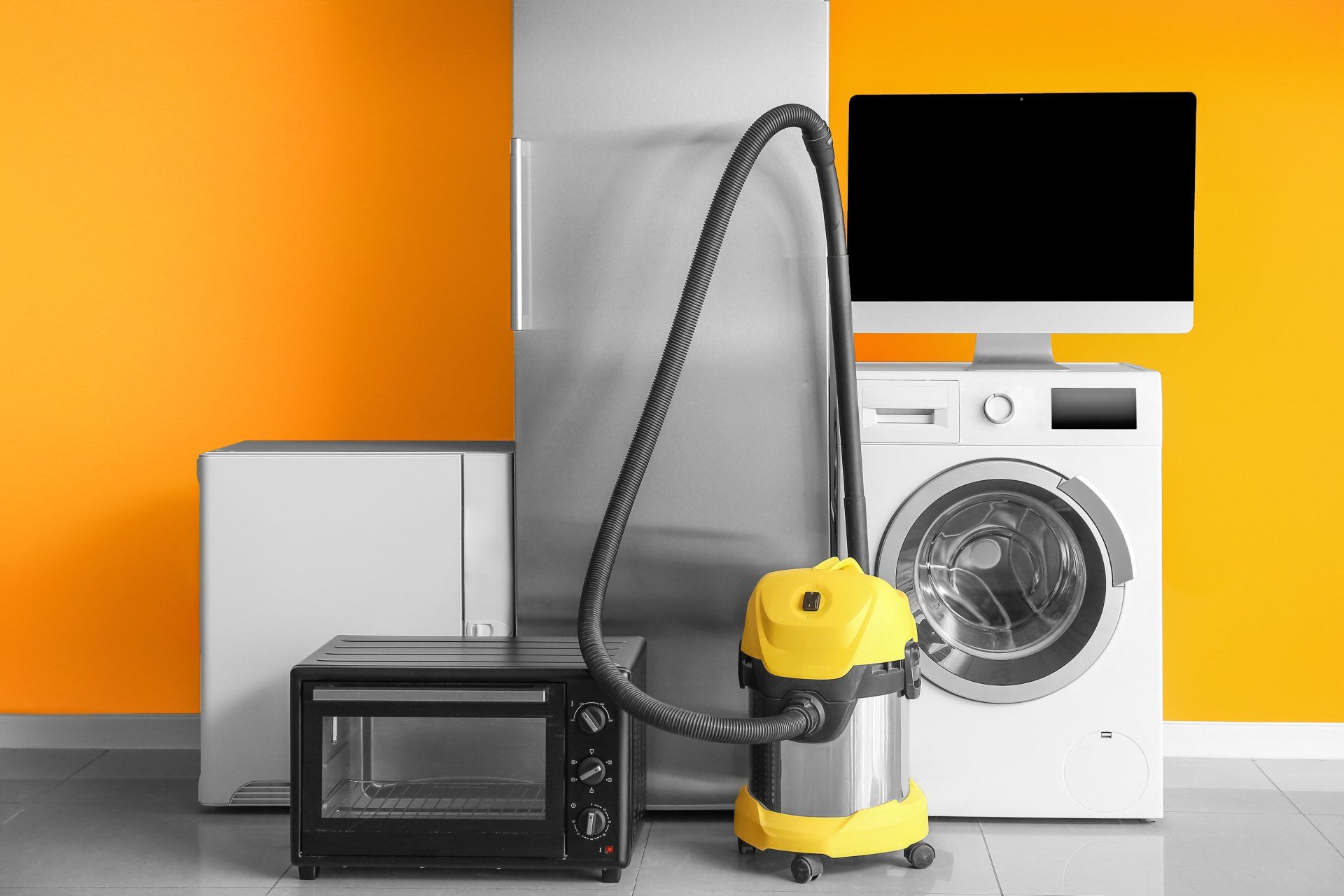Have A Question?
Electrical Safety Standards NSW: Is Your Business Safe?
In New South Wales, electrical installation and maintenance are subject to strict regulations. Business owners must take great care to ensure that their properties are safe for habitation and free from hazards. If you run a business in NSW's, you need to be aware of the electrical standards that apply to it.
Safeguarding the health and safety of your business is not something that you take lightly and you have a responsibility to ensure that it meets all the relevant safety standards. This includes electrical safety.
For your business to be electrically safe, it must meet the requirements of the Australian Standards. These standards are created to ensure the safety and reliability of electrical systems in Australia and New Zealand.
Different Australian Standards
Below we will discuss the Australian Standards that are relevant to electrical safety in NSW.
AS/NZS 3000
The Australian Standard AS/NZS 3000:2018 is the national standard for installing and inspecting electrical equipment and wiring in businesses. The standard covers a wide range of topics, including:
- The safe use of electricity
- The selection and installation of electrical equipment
- The maintenance and inspection of electrical equipment and wiring
- The testing of electrical equipment and wiring
The standard is regularly reviewed and updated to ensure that it remains relevant and effective. The most recent update was published in 2018.
AS/NZS 3760
The Australian Standard AS/NZS 3760-2010 is the national standard for the testing and tagging of electrical equipment. The standard covers a wide range of topics, including:
- The selection of electrical test equipment
- The safe use of electrical test equipment
- The testing of electrical equipment
- The tagging of electrical equipment
AS/NZS 3012
The Australian Standard AS/NZS 3012:2010 is the national standard for construction and demolition sites. The standard covers a wide range of topics, including:
- The selection and installation of electrical equipment
- The testing and tagging of electrical equipment
- The safe use of electricity on construction and demolition sites
- This standard is relevant to any business that undertakes construction or demolition work.
Importance of Electrical Safety Standards in NSW
The electrical standards in NSW's highlight the importance of considering the risks associated with electrical installation and maintenance. Indeed, electrical equipment poses a variety of risks to both the user and the environment. Disconnecting electrical appliances or wiring systems improperly can cause fires, shocks, or electrocutions. Improper installation of this equipment can make premises unsafe or hazardous.
In order to safeguard the health and safety of your business, it is important to understand these risks. You may wish to hire an electrician to assist with the installation and maintenance of your electrical fixtures and appliances. This may be particularly important if you are renting your premises to tenants. Follow this with regular inspections by a test and tag specialist to ensure that your electrical equipment is safe to use.
How to Ensure Your Business is Compliant with the Standards
You can take several steps to ensure your workplace is compliant with electrical standards in NSW. These include:
- Hiring a licenced electrician to install and maintain your electrical equipment
- Regularly inspect your electrical equipment and wiring for damage or wear
- Testing your electrical equipment and wiring regularly
- Following the manufacturer's instructions carefully when using electrical appliances
- Seeking professional advice if you are unsure about any aspect of your workplace's electrical safety
You can help protect yourself and your employees from potential harm by taking these steps.
Safety inspectors will consult with state health and safety representatives and major contractors to ensure that workers are protected from the following hazards:
- Temporary lighting
- Temporary wiring, including distribution cables and boards
- Leads and power tools
- Overhead and underground power
- Residual current devices (RCDs)
Consequences of NOT Complying with Electrical Safety Standards in NSW?
Work Health and Safety Regulation 2017 Section 149 states that if business owners fail to comply with the electrical standards of the NSW government, they may be liable for a range of penalties. These include a maximum penalty of:
- in the case of an individual =40 penalty units, or
- in the case of a body corporate = 210 penalty units.
Currently, one penalty unit is equivalent to $110. This means that the maximum penalty for an individual is $4400, and the maximum penalty for a body corporate is $23,100.

In addition to these penalties, you may also be required to pay compensation to any person who suffers loss or damage as a result of your failure to comply with the Australian standards.
Getting Help to Make Your Workplace Safe
If you are unsure about how to make your business compliant with electrical standards in NSW, you can hire professionals to assist you.
iTAGPRO can provide you with a range of services to ensure your business is safe from electrical hazards, including:
- Electrical safety inspections: We can inspect your premises and identify any safety hazards.
- Testing and tagging of electrical equipment: We can test your electrical equipment and appliances to ensure they are safe to use.
- Safety Switch Testing: We can test your safety switches to ensure it is working properly, as safety switches should always be used with extension cables
- Repair and maintenance of electrical equipment: We can repair or replace any electrical equipment that is not compliant with the standards.
- and more!
Call us now!
For further information about our services, book an appointment or contact us today at 02 4063 1452. We would be happy to help you make your workplace safe and compliant with the electrical standards in NSW.
-
Book Your Safety Today
I hope you enjoy reading this blog post.
ElectroTechnics ensures workplace safety by offering electrical testing and tagging and RCD trip time measurements across Greater Sydney, Wollongong and Shellharbour Region.
I hope you enjoy reading this blog post.
iTAGPRO ensures workplace safety by offering electrical testing and tagging and RCD trip time measurements across Greater Sydney, Wollongong and Shellharbour Region.
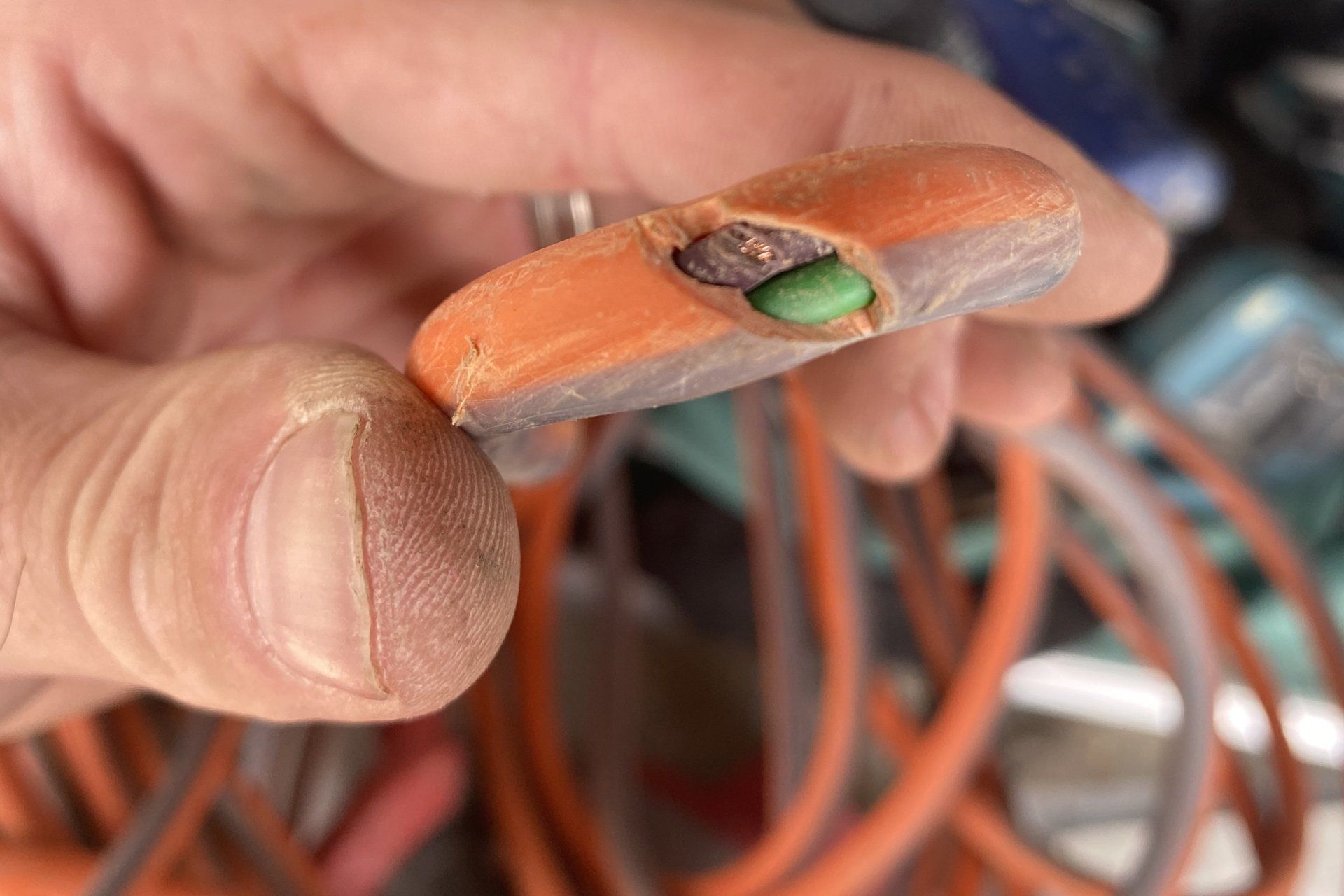

iTAGPRO (formerly ElectroTechnics Test and Tag) is your premium contact for all workplace electrical testing and tagging and RCD trip time measurements.
Browse Our Website
Contact Information
Phone: 02 4063 1452
Serving Greater Sydney, Wollongong and Shellharbour Region.
Locations
Mon-Fri 08:00 AM - 05:30 PM

